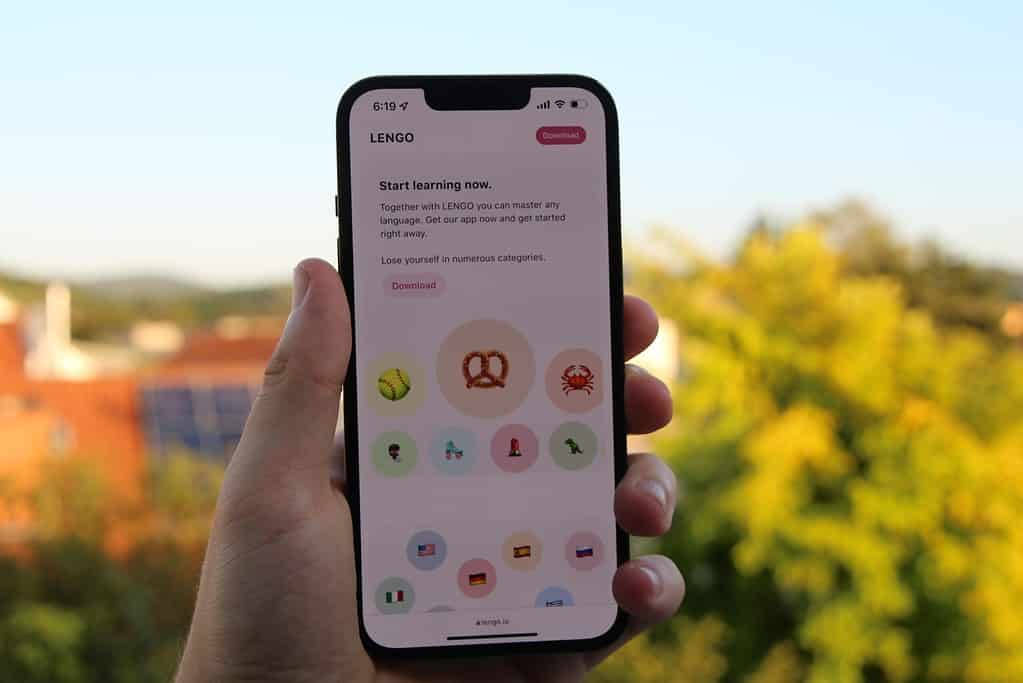French comic books, or bandes dessinées, have long enchanted readers with their vibrant visuals, engaging stories, and authentic depictions of everyday language. For English speakers aiming to boost their conversational French, these graphic novels offer an immersive and fun way to learn colloquial expressions alongside cultural nuances. This approach melds visual storytelling with contextual vocabulary practice and can be a game changer when combined with one-to-one conversations on swaplang, where practice with native speakers helps cement these new expressions in everyday dialogue.
Benefits of Using Comics in Language Learning
Comic books are more than just entertaining stories; they serve as an excellent tool for language learners by blending imagery with text. The juxtaposition of visuals alongside dialogue naturally reinforces word meanings, intonation, and context—essentials for mastering colloquial French. As one article explains in Learn French by Reading Comic Books, comics bridge the gap between academic study and real-life language usage. The colorful panels help learners visualize scenarios, making it easier to remember new vocabulary while absorbing typical French expressions and cultural nuances.
This form of learning also encourages you to associate body language, facial expressions, and situational context with spoken language. When you see characters interacting in a comic, you get a dose of everyday slang and informal dialogues that are otherwise missing in text-heavy materials. Additionally, incorporating humorous scenarios found in many French comics can reduce language learning anxiety and make practice feel more natural—a key element for retaining linguistic quirks and idioms.
Recommended Beginner-Friendly French Comics
For those just stepping into the vibrant world of bandes dessinées, selecting the right comic is essential. Begin with titles that offer simple language and clear plotlines. Classics such as “Tintin” or “Astérix” are a good starting point due to their straightforward narratives and universal humor. These comics not only introduce everyday vocabulary but also immerse you in the cultural context of French-speaking societies.
Modern, beginner-friendly comics also come with engaging illustrations that serve as contextual clues for unfamiliar words. In fact, some educators recommend starting with comics that have parallel translations or annotations to ease learners into complex expressions. The research shared in Harness French Comics to Enhance Language Skills emphasizes how these resources provide an accessible gateway to colloquial and idiomatic French, reducing the intimidation often felt by newcomers.
Understanding Colloquial Language through Graphics
One unique advantage of learning French through comics is the exposure to colloquial expressions woven naturally into storytelling. Unlike formal textbooks, comics present language as it is spoken on the streets—a true reflection of everyday life. By observing how characters speak during informal conversations, you increase your understanding of slang, intonation, and timing in dialogue. Such insights help learners adjust their own speech patterns to sound more fluent and natural.
Visual cues in the illustrations support language retention, making each panel a mini-lesson in context, body language, and emotion. This method mirrors how native speakers pick up on subtleties without always relying on a dictionary. For instance, the playful banter from characters in these stories might include idioms and slang that are rarely taught in traditional language classes, offering an authentic snapshot of contemporary French culture.

Analyzing Language Styles in Popular Bandes Dessinées
Every comic boasts a unique storytelling style, and many bandes dessinées are celebrated for their distinct dialogue and narrative voice. When you analyze these variations, you gain insight into the different registers and social contexts of French conversation. Some comics lean into hearty humor, while others employ dry wit or dramatic monologues. Such diversity in language use can challenge you to adapt your speaking style according to the situation—a useful skill when practicing conversational French.
By breaking down dialogues panel by panel and discussing character interactions, you not only learn vocabulary but also grasp the subtleties of formality, irony, and humor that define French speech. This analytical approach is supported by insights from Why are comics such a good way of learning French?, which highlights the importance of reading material that reflects genuine speech patterns. Over time, these observations build a reservoir of language styles that enrich your ability to converse naturally and confidently.
Activities to Practice Vocabulary from Comics
Integrating active learning exercises into your comic-based studies can significantly enhance vocabulary retention. One effective strategy is to create vocabulary flashcards for new expressions encountered in your reading. Another practice includes summarizing panels out loud, which reinforces pronunciation and helps nail tricky phrases. You might even consider re-writing dialogue in your own words, transforming static text into dynamic, spoken interactions. These activities ensure that you interact with the language beyond a visual level, making it part of your everyday conversation.
Additionally, discussing your favorite comics with a language partner on platforms like swaplang offers a rich, conversational approach to learning vocabulary in context. Not only does this help cement new words, but it also lets you delve deeper into the cultural references behind each expression. For a creative twist, try drawing your own comic panels with bilingual captions to see how text and art complement each other in conveying meaning. This hands-on method turns learning into both an art form and a language exercise.
As you experiment with these activities, remember that each exercise is a stepping stone towards natural fluency. For those looking to integrate more interactive methods into their study routine, reading additional supportive articles on alternative approaches to language learning can expand your toolkit.
If you’re ready to complement your comic book studies with real conversational practice, consider exploring swaplang’s one-to-one private lessons for dynamic, personalized sessions. Sign up for free today at swaplang and take your French language skills to the next level.

















